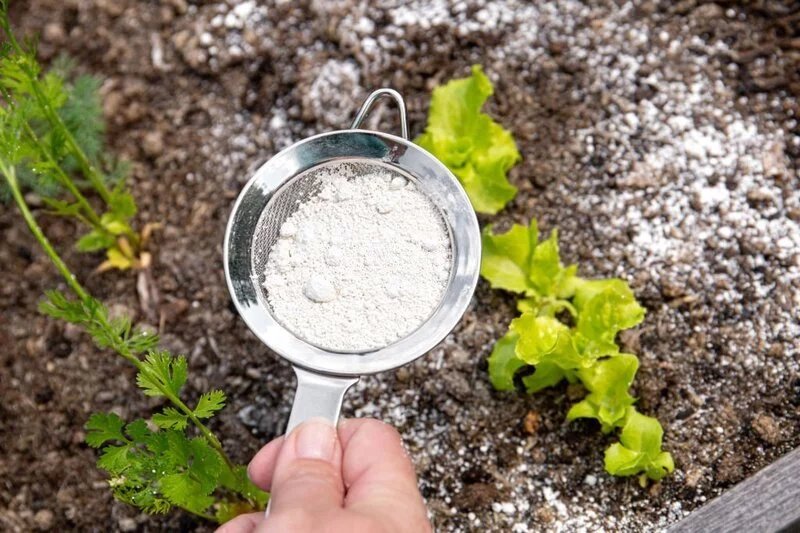Do you keep a bag of diatomaceous earth in your garden shed and occasionally wonder if it has passed its expiration date? It’s not just you. Many backyard gardeners and homeowners use diatomaceous earth for pest control and soil amendment, but many are unsure of how long it will last. This essay will delve into the nature of diatomaceous earth, explain what it is, and address the age limit question many people have about using it.
Understanding Diatomaceous Earth
The phrase “diatomaceous earth,” or “DE” for short, may sound like a complex technical jargon, but it is actually quite straightforward. Natural diatomaceous earth is a byproduct of the fossilization of microscopic aquatic creatures. These diatoms have been accumulating in the sediment of rivers, lakes, and oceans for millions of years, making up enormous siliceous deposits.
Diatomaceous earth, once extracted from these deposits and refined, has the appearance of a fine, white to off-white powder resembling flour. But when examined with a microscope, its stunning complexity as a fossil is revealed in every individual particle.
There are a wide variety of applications for DE. Due to its propensity to weaken the exoskeletons of insects, it is frequently used as a natural insecticide in gardens. However, it is also put to use in the house to keep insects like cockroaches and bed bugs at bay.
Shelf Life of Diatomaceous Earth
Is there a shelf life for diatomaceous earth? Diatomaceous earth does not go bad or lose its potency like food or medicine does, therefore the short answer is no.
Diatomaceous earth is a mineral with no living parts, therefore its effectiveness is not subject to decay. Diatomaceous earth, on the other hand, retains its effectiveness continuously so long as it is kept dry and uncontaminated.
While DE technically has no “expiration date,” proper storage is essential to preserve its effectiveness. In what follows, we’ll talk about the best ways to preserve diatomaceous earth and the warning signals that it’s lost some of its effectiveness.
Proper Storage of Diatomaceous Earth
The fact that diatomaceous earth doesn’t go bad means it shouldn’t be forgotten about. DE will retain its usefulness so long as it is stored correctly. Diatomaceous earth must be stored in a dry environment at all times. If it becomes wet, the fine particles may clump together and lose some of their effectiveness.
DE should be kept in an airtight container and kept in a cool, dry, dark place. A metal or plastic container that can be sealed in a garage, garden shed, or even a pantry can do the trick. In addition, diatomaceous earth should be handled with caution at all times to avoid breathing the small particles.
Signs of Expired or Ineffective Diatomaceous Earth
It’s possible that your diatomaceous earth won’t be as effective if it’s been exposed to water or other contaminants. If there is apparent moisture or clumping in the powder, DE may be less effective. The efficacy of the DE is likely to decrease if it is kept in a humid or wet environment.
But if you’ve been storing your DE properly and it’s still not working, it might not be the product’s fault. Keep in mind that DE is most effective when used in conjunction with other methods of integrated pest management and may not be sufficient on its alone.
Conclusion
Your diatomaceous earth may not be as effective if it has been wet or if it has been polluted with other substances. Visible moisture or clumping in the powder are signs that DE may be losing its effectiveness. DE may lose some of its effectiveness if it is kept in a humid or wet environment.
However, if your DE has been stored properly and still doesn’t seem to be working, the problem may not lie with the product. Keep in mind that DE may not be enough to completely remove an infestation on its own and is most effective when used as part of an integrated pest management program.


